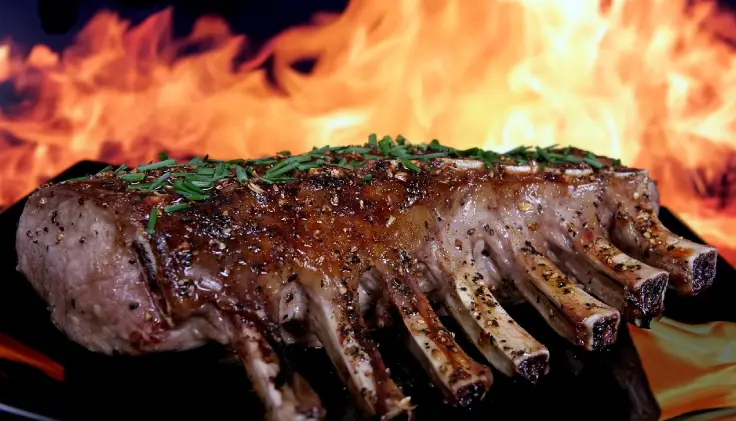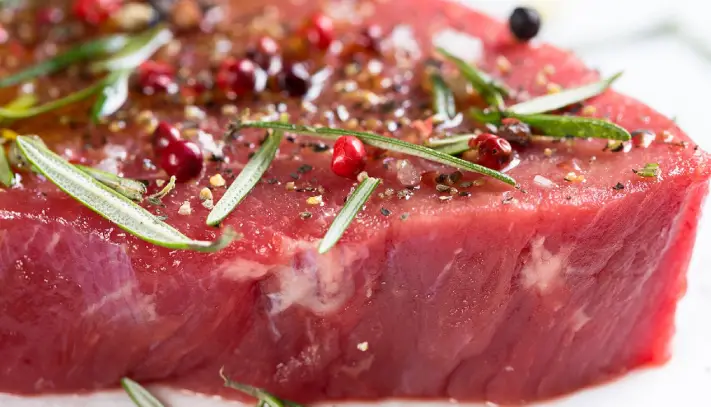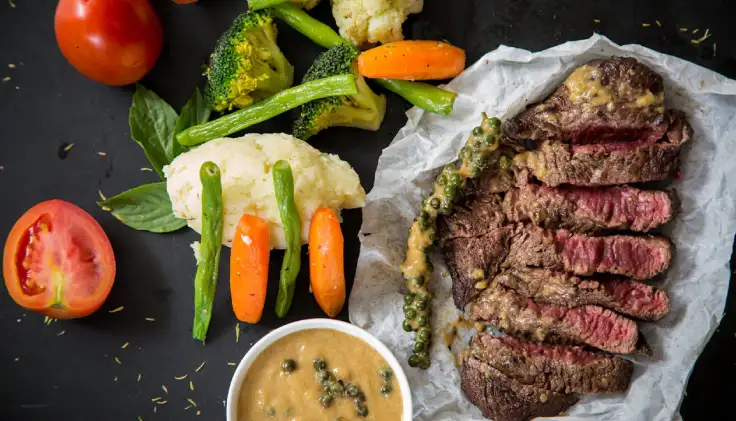
From Farm to Fork: Unveiling the Journey of Beef and Sheep Meat
When you look at the journey of beef and sheep meat from farm to fork, you will see a fascinating process that involves careful planning, diligent farming practices, and meticulous handling to ensure the delivery of high-quality, flavourful, and safe meat products. You should look at the various stages involved in this rearing and processing to understand how this meat is raised and delivered:
1. Farming and Raising Of The Animals
This process begins on dedicated farms or ranches where beef cattle and sheep are raised. These farmers invest their time, effort, and expertise into creating a suitable environment for the animals. These animals are reared on spacious pastures for grazing, provided access to clean water, and given high-quality feed to ensure optimal growth and nutrition. These animals are also inspected by vets regularly and there is a focus on animal welfare as part of responsible farming practices.
2. Breeding and Selection
Next, farmers carefully select breeding stock based on various factors such as genetic traits, health, and temperament of the cattle. They aim to improve the quality of the herd or flock by choosing animals that have several desirable characteristics such as good muscle development, marbling potential, and overall strength. With the help of this selective breeding, farmers raise animals that will yield superior meat quality and flavours.
3. Feeding and Nutrition
The cattle are closely monitored constantly and their nutrition is carefully managed. They are given a balanced diet to ensure their proper growth, muscle development, and overall well-being. Cattle are primarily grass-fed, with some receiving supplementary grain-based diets. Sheep, depending on their stage of growth, may also graze on grass pastures or receive a combination of forage and grain-based feeds. The main focus is on providing high-quality feed and nutrition to these animals.
4. Slaughter and Processing
When the animals reach the desired age and weight, they are transported to specialised processing facilities or abattoirs. Here, humane practices are followed to ensure a quick and painless process. Professional butchers or trained personnel slaughter the animals and adhere to strict hygiene and food safety standards. After slaughter, these carcasses are carefully inspected, and any unfit meat is discarded.
5. Butchering and Packaging
The skill butchers then divide these carcasses into various cuts of meat. They trim and remove the excess fat and undesirable parts and then package them, either in bulk or individual portions, to maintain freshness and prevent contamination. Proper labelling provides information about the type of meat, cut, weight, and relevant details for consumer convenience.
The packaged beef and sheep meat are then transported to distribution centres, grocery stores, and local markets in New South Wales. They are stored in refrigerated storage facilities and transportation to keep the meat fresh and safe during transit. Retailers display the meat, providing consumers with a wide range of choices and cuts to suit their preferences and culinary needs.
The journey of beef and sheep meat from farm to fork is a complete process that shows the dedication of farmers, ranchers, processors, and retailers who work tirelessly to deliver exceptional meat products to consumers. When you understand and appreciate this journey, you can make informed choices that support sustainable farming practices and enjoy flavorful and nourishing meat that comes from these efforts.
Recent Post

Why Lamb Should Be Part of Your Diet?
20 Feb, 2024












